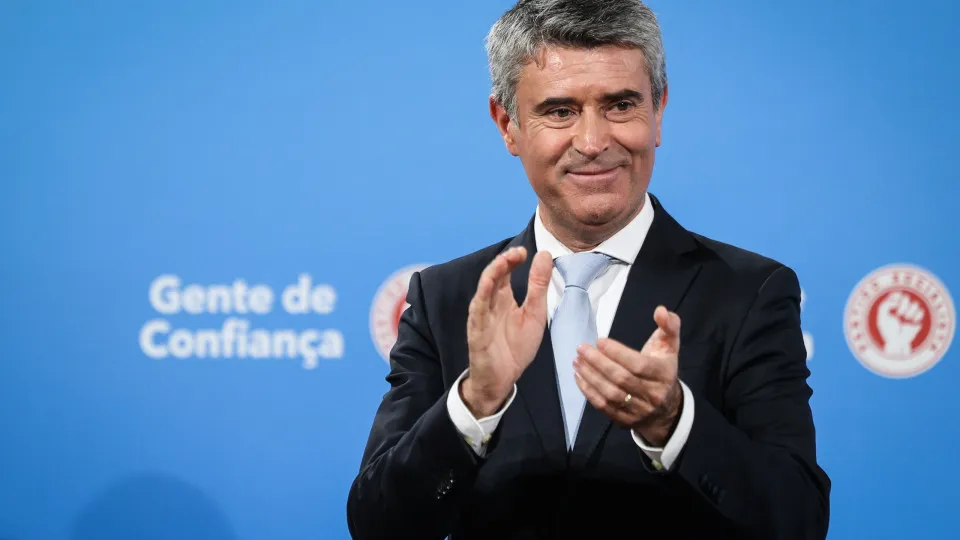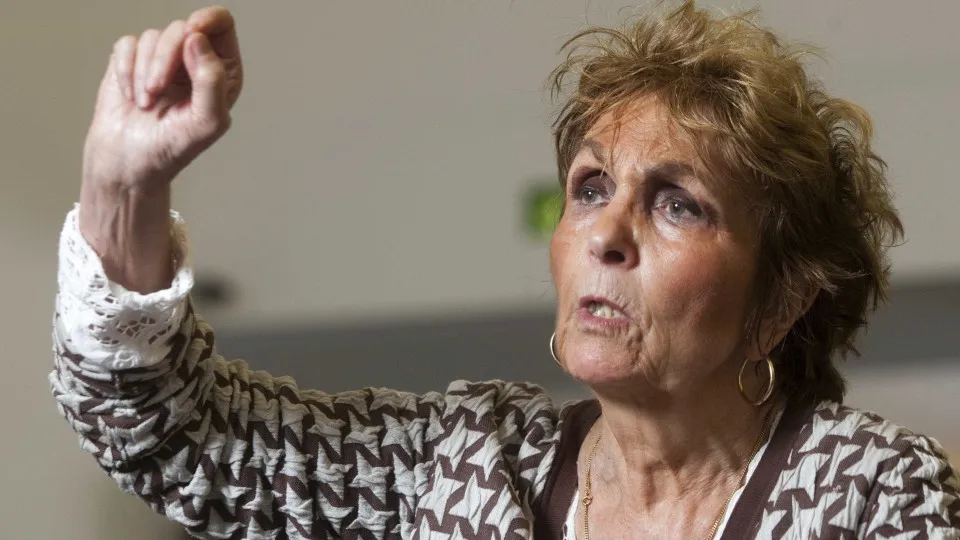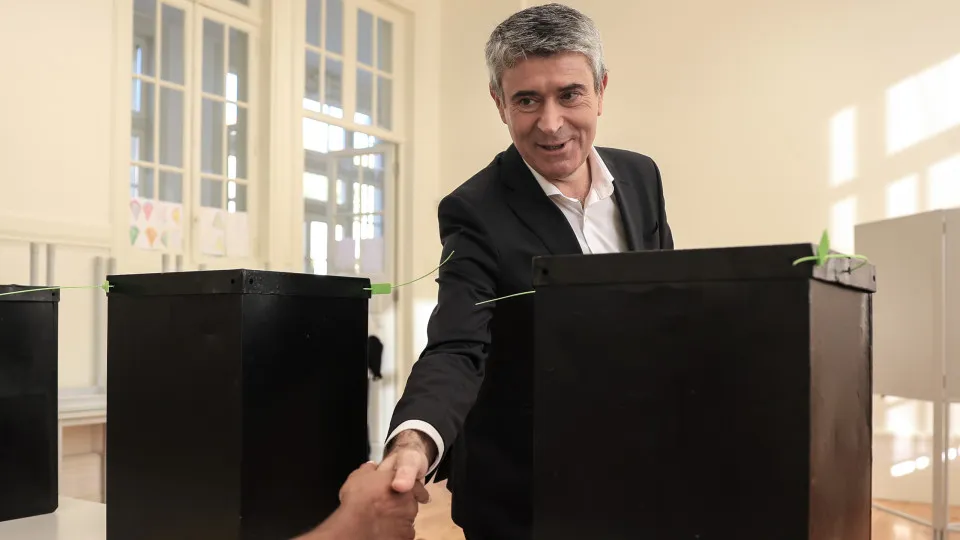
The assessment report on the implementation of the Parity Law, finalized in September, was submitted to the Assembly of the Republic today, with some conclusions released by the Ministry of Culture, Youth, and Sport.
In a statement, the Government noted that the “Parity Law has been crucial in increasing women’s political representation, ensuring a minimum and stable presence in electoral lists and inducing changes in the practices of political parties since its enactment.”
However, “despite the progress made, full equality in the exercise of political power has yet to be achieved.”
“None of the elections held after the 2019 revision reached the threshold of 40% of women effectively elected, revealing a gap between formal parity in candidacies and real parity in decision-making positions,” it states.
The ministry, led by Margarida Balseiro Lopes, also indicates that “structural and cultural barriers persist within political parties and institutions, notably the unfavorable positioning of women in electable places, concentration in areas of lower visibility, difficulties in reconciling political and family life, and increased exposure to political violence, especially in the digital space.”
The statement also notes that this law “applies to electoral lists but does not cover the composition of power organs constituted after the elections,” and that “asymmetries remain in its application at the local level and weaknesses in data collection and monitoring.”
The report evaluating the implementation of the Parity Law recommends “adopting the principle of equal representation (50/50) with mandatory alternation of gender in lists” and “extending the law to other power organs, such as assembly boards and inter-municipal bodies, and strengthening oversight and transparency mechanisms.”
In this statement, the Government also reiterates its commitment to “enhancing equality between women and men in political life, recognizing that formal parity is only the first step toward a fully inclusive democracy.”




